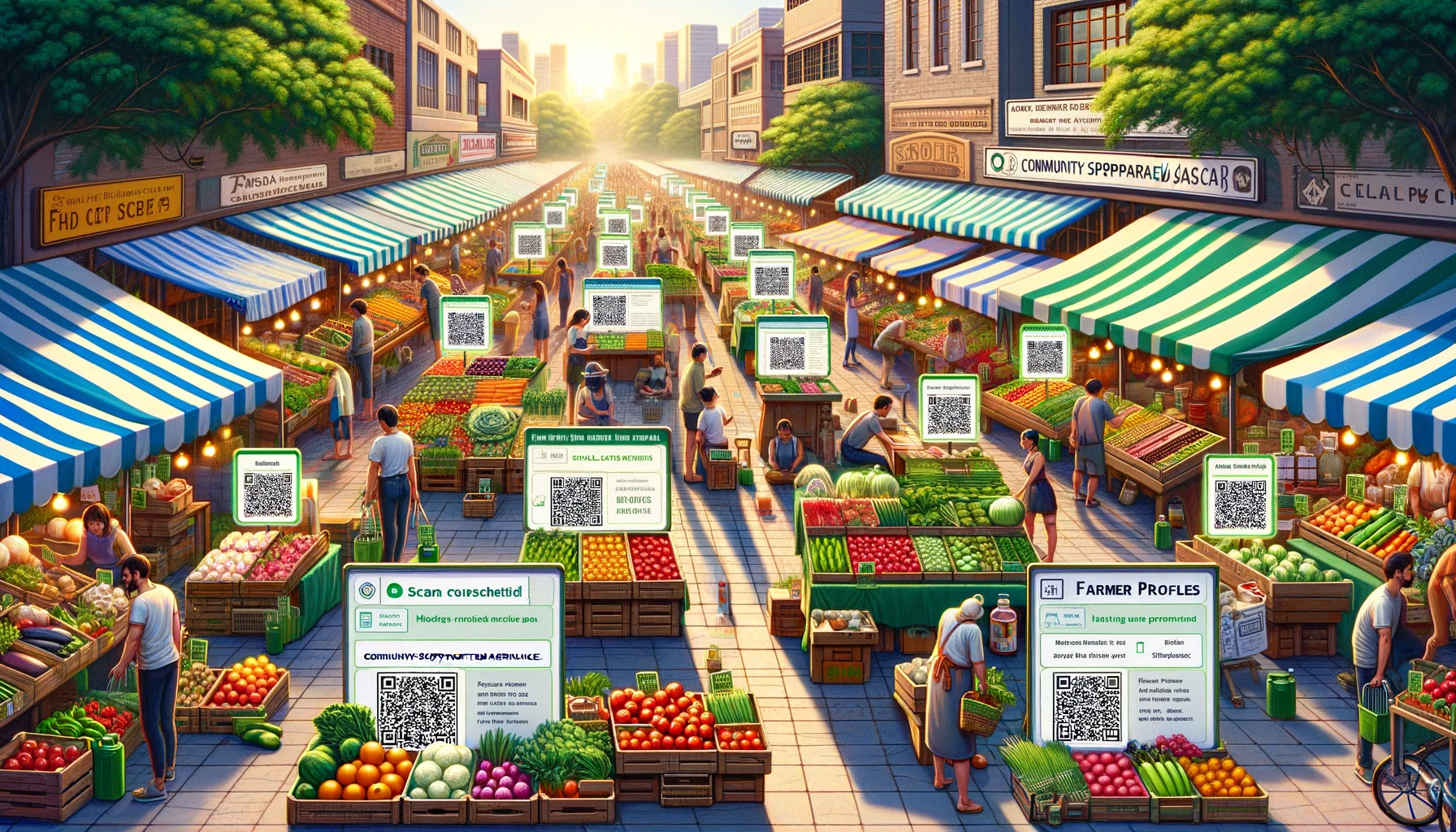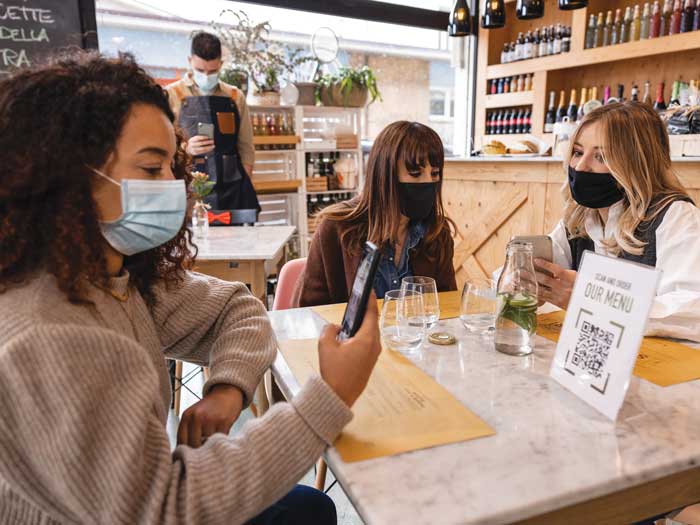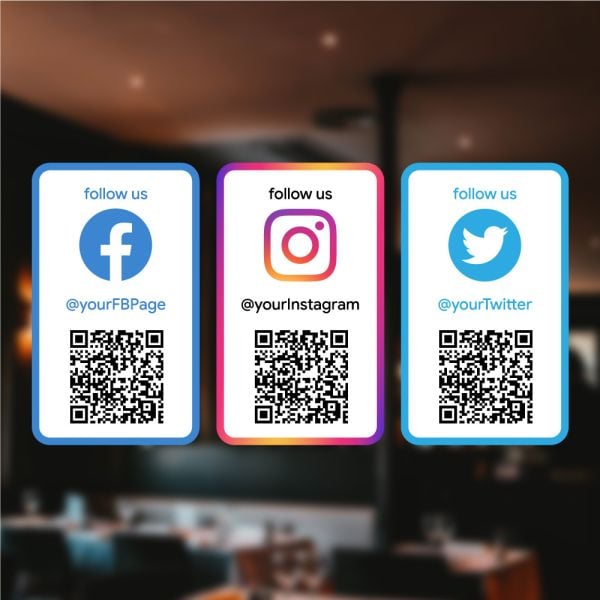
QR Codes: The Digital Bridge
QR (Quick Response) codes have gained popularity due to their capacity to store a significant amount of information in a tiny space. They act as a bridge between the physical world and the digital sphere, connecting consumers to a wealth of information with a simple scan.
With a smartphone, one can quickly scan the code and be directed to a website, a video, a social media page, or any other digital platform. This seamless interaction creates a novel way to engage with consumers, and it’s a strategy being utilized more and more in local food markets and CSAs.
Enhancing Consumer Experience in Local Food Markets
Local food markets are a treasure trove of fresh produce, unique products, and artisanal creations. However, they often lack the convenience of digital labeling and product tracing that large supermarket chains offer. This is where QR codes come into play.
Imagine walking into your local market and spotting a QR code on the produce section. With a quick scan using your smartphone, you can learn about the origins of the fruits and vegetables, the farming practices employed, nutritional information, and even recipes.
Furthermore, vendors can use QR codes to share their stories, connect consumers to their social media platforms, or even allow consumers to subscribe to their newsletters. This fosters a sense of community and trust that modern consumers crave.
Transforming Community Supported Agriculture (CSA)
Community Supported Agriculture is a popular way for consumers to buy local, seasonal food directly from a farmer. QR codes can enhance this experience by providing important information about the farm, the types of crops grown, and the farming practices used.
QR codes can also be used to manage CSA subscriptions more efficiently. For instance, customers can scan a QR code to renew their subscriptions, customize their produce boxes, or even gift a subscription to a friend. This not only increases convenience for the customer but also reduces administrative tasks for the farmer.
QR Codes for Sustainability
Besides offering convenience, QR codes play a vital role in promoting sustainable practices. By providing information about the source of the produce and the farming practices used, consumers are more informed about their food's ecological footprint. This transparency encourages conscious consumerism and supports local farmers who employ sustainable practices.
The Right QR Code Solution
While the opportunities are vast, the key to successful implementation of QR codes is choosing the right platform. QR Lab (https://qrlab.com) is your perfect partner, offering robust and user-friendly solutions tailored to your needs. With their expertise, you can seamlessly integrate QR codes into your local food market or CSA, enhancing customer engagement and promoting sustainable practices.
Conclusion
QR codes are undoubtedly a game-changer in local food markets and community-supported agriculture. They offer a novel way to engage customers, promote transparency, and simplify transactions. By choosing the right QR code solution like QR Lab, local food markets and CSAs can step confidently into the digital age, offering an enhanced farm-to-fork experience to their customers.
Most viewed




